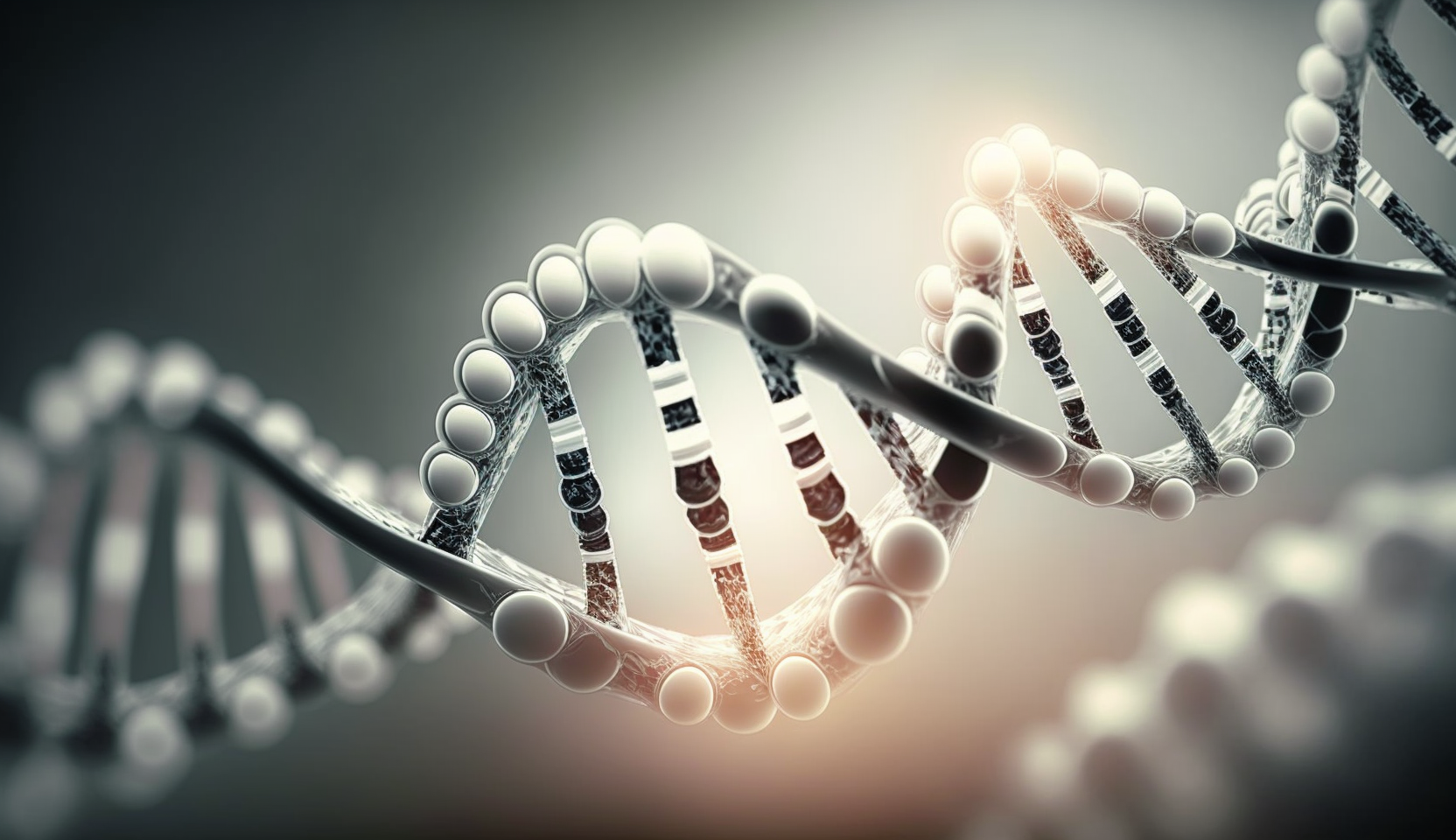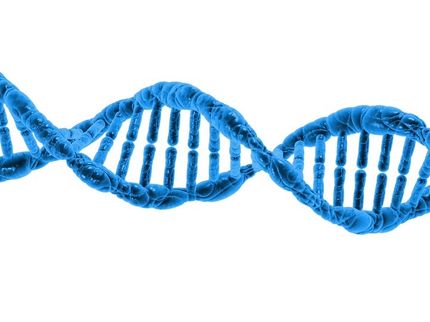AMT Successful in Preclinical Treatment of DMD
Amsterdam Molecular Therapeutics announced that it has successfully treated Duchenne muscular dystrophy (DMD) in an animal model with its proprietary gene therapy. The proof of concept studies were performed in collaboration with the group of ProfessorIrene Bozzoni (University of Rome, La Sapienza, Italy) and demonstrated effectiveness in the heart as well as in skeletal muscles. In a previous study, AMT's gene therapy approach was shown to be successful in the treatment of diseased human muscle cells obtained from biopsies of DMD patients. These data establish a robust basis for AMT's therapeutic approach to DMD.
"We are proud to establish proof of concept with our gene therapy for Duchenne muscular dystrophy, as it is an important new step in developing a treatment for this progressive and devastating disease," said Jörn Aldag, Chief Executive Officer of AMT. "In particular, our positive results in the heart and respiratory muscles bring hope that we might be able to prevent the fatal outcome of this disease in the future, potentially through a long-term remedy with a single treatment."
Most read news
Organizations
Other news from the department research and development

Get the life science industry in your inbox
By submitting this form you agree that LUMITOS AG will send you the newsletter(s) selected above by email. Your data will not be passed on to third parties. Your data will be stored and processed in accordance with our data protection regulations. LUMITOS may contact you by email for the purpose of advertising or market and opinion surveys. You can revoke your consent at any time without giving reasons to LUMITOS AG, Ernst-Augustin-Str. 2, 12489 Berlin, Germany or by e-mail at revoke@lumitos.com with effect for the future. In addition, each email contains a link to unsubscribe from the corresponding newsletter.
More news from our other portals
See the theme worlds for related content
Topic world Gene therapy
Genetic diseases once considered untreatable are now at the center of innovative therapeutic approaches. Research and development of gene therapies in biotech and pharma aim to directly correct or replace defective or missing genes to combat disease at the molecular level. This revolutionary approach promises not only to treat symptoms, but to eliminate the cause of the disease itself.

Topic world Gene therapy
Genetic diseases once considered untreatable are now at the center of innovative therapeutic approaches. Research and development of gene therapies in biotech and pharma aim to directly correct or replace defective or missing genes to combat disease at the molecular level. This revolutionary approach promises not only to treat symptoms, but to eliminate the cause of the disease itself.






















































